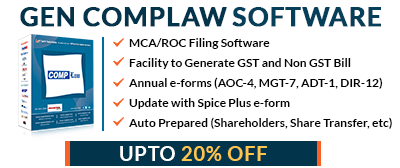
The government is required to diminish the regulatory load and reduce the cost of performing the business towards enabling micro, small and medium entrepreneurs to differentiate the corporate sector as per the retired chief economic advisor in the finance ministry Arvind Virmani.
Discussing the webinar conducted by the industry body PHDCCI and the Foundation of Economic Growth and Welfare (EGROW), Virmani mentioned that the former 2 years have noticed the majority of the improvisation since 1990 as the government amended its compliance approach acting as a facilitator.
Virmani mentioned that the government has aware of the improvisation by the council but reducing the cost of logistics is needed in the country. Among the other economies, the cost is much more. The export markets are seen via investment inflows but private consumption is still needed to get retrieved from the pandemic.
He specified that despite the investment inflows and the export market have seen the private consumption is still needed to retrieve. He also added that the consumption recovery would surge via improvisation in the taxes that again will boost employment.
He mentioned that GST officials require to get attentive on making the long-term income higher instead of the short-term which it is performing now.
At the important time, the union budget for FY23 is notified as the economy sees the 3rd wave of the pandemic. The budget’s focus seems to be on the actions to boost the consumption demand, create employment routes give credit with no difficulties to the MSME sector, and surge the expenditure for health care.
With the assistance of the tax-free income, there is a need for effective momentum on the export income for MSMEs for 3 years that would compensate for the higher logistics cost. He mentioned that the reduction in the basic customs duty towards the manufacturing inputs would build extensive competition and support the business opinions.
From these efforts, the country could see make 7% rise in growth for the next fiscal years that implied achieving the $5 trillion economy target in the days to come.









